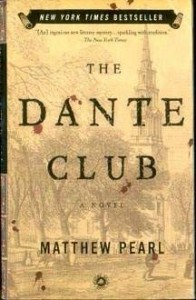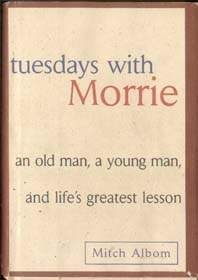His is a pen of fire with heart’s blood as his only ink.
-The Dante Club
I rarely give a 5 whenever I evaluate a book, but this thriller deserves all the kudos it can get. The novel is very well-thought out; it certainly reflects how well Matthew Pearl knows his Dante. The plot is quite impeccable; the suspect was really unexpected! When I found out about it, I was very shocked as to why it was that person responsible for all the murders. Though the killer’s reasons are valid and interesting (interesting because the killer’s motivations are very much rooted to the literary context of the novel), they also came off as psychological, and therefore, ordinary. I compare the prose to a picturesque view: the beauty of the way the book was written is something to be deeply appreciated, like a grand view of the sea that needs ample time for someone to able to take it all in. It was slow-paced, yes, but the slowness makes the gradual unfolding of events all the more sweeter to discover. Pearl threw a couple of verses from the Inferno itself, and the Dante Club’s usage of such verses solidified the connection of Dante’s celebrated work with the lives of the members of the Dante Club. In fact, what I like most about the book is that Pearl put meat and bones to the prominent literary personages that are now commonly just referred to as names, personages that have been put on a pedestal to be revered and venerated, but not really known intimately. The book was gripping because I was immensely fascinated in reading about the thoughts and actions of Henry Wadsworth Longfellow, Oliver Wendell Holmes, J. T. Fields, and James Lowell, however fictional they may be. Such prominent literary figures were the main cast of the novel, and it was just very amusing to see them live their ordinary lives a century ago. Reading about them working, talking as friends, calling for a horsecar, and even just walking around Cambridge somehow breathed life into these literary figures that were only just normally studied in English class. Pearl was able to put them down from the pedestal. In The Dante Club, he not only showed the greatness of Dante, the twisted plot inspired by Dante’s Inferno, but above all, he showed the readers that the prominent members of the Dante Club were really just like the rest of us: ordinary people engaged in mundane things such as family and career. Pearl was able to expertly tie up a ribbon of historical fiction and a brilliant plot. Throughout the novel, I could see how much the historical context of the story influenced the movement of the plot. I give this book a standing ovation because it draws a perfect circle of suspense, gore, history, literature, and greatness.


